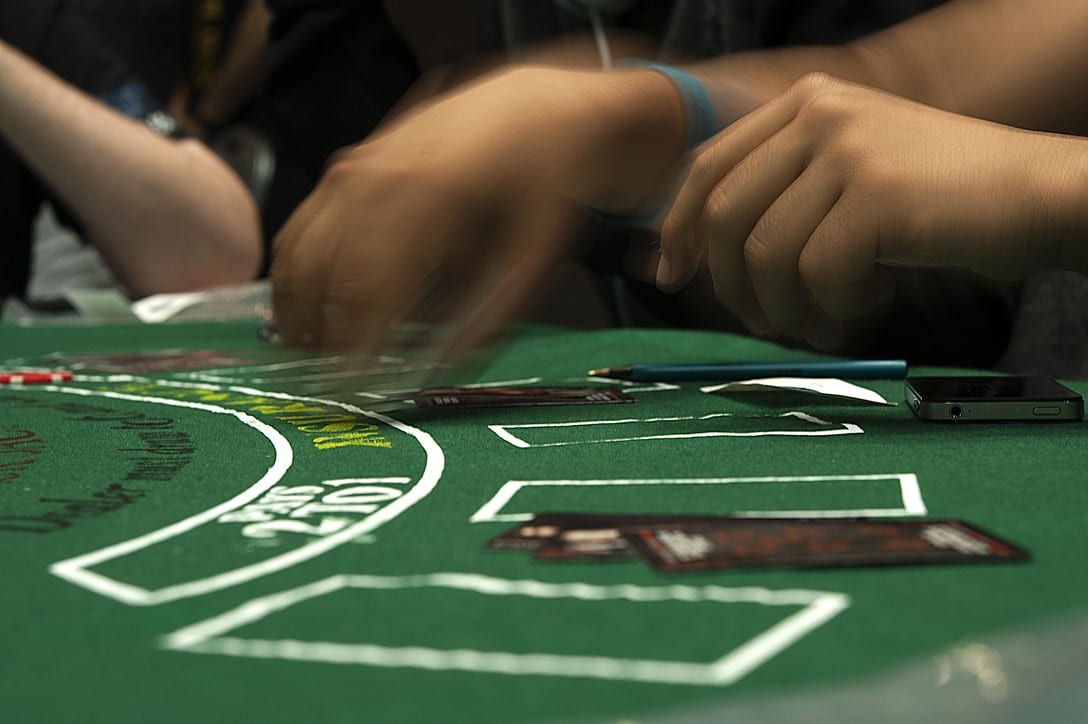UK problem gambling remains level as participation drops

Problem gambling statistics in the UK remained flat in 2016, while the amount of people participating in gambling fell 6% on the previous year, according to a new report by the Gambling Commission.
The regulator’s latest combined Health Survey suggested that 1.2% of gamblers were identified as having an issue, which equates to 0.7% of the UK population. This was consistent with both the 2012 and 2015 editions of the same report.
Problem gambling was more apparent with people who had participated in more than one type of betting activity in the past year, while the GC identified 2.4% of people as low risk gamblers and 1.1% of people as moderate risk gamblers.
The report also suggested that problem gambling rates were higher among those with probable mental health issues.
Tim Miller, executive director at the GC, said: “Understanding the level of problem gambling is an important part of making gambling safer, but what this data won’t show is the extent of the harm someone may be experiencing, or the wider impact upon their families and their communities.”
“That is why, together with our expert advisers the Responsible Gambling Strategy Board (RGSB), we recently published a ground-breaking approach to understanding the full range of harms gambling can have on society.”
Other key findings from the new report include a year-on-year drop on gambling participation, which fell from 63% of adults in 2015 to 57% in 2016.
More men took part in gambling activities than women, while the most active age group was 25 to 34-year-olds.
The UK’s National Lottery was the most popular form of gambling, with 41% of people having taken part in at least one draw, followed by scratchcards on 21% and other lotteries with 14%.
The revelations come at a time when the Commission is seeking to clamp down on problem gambling, as well as a host of other key issues such as the protection of children and keeping gambling fair.
This week, the Commission launched a consultation to seek opinion on proposed changes to regulations, having already called on the wider industry to support its efforts.
Last month, the Commission also set out new rules for gambling advertising and said it will work with the RGSB to conduct research into whether some gambling products and environments are more harmful than others.
Miller added: “The Health Survey, along with all of our evidence and data, indicates that the problem gambling rate in Great Britain is stable.
“However, we want to see a sustained and significant reduction in the levels of problem gambling and will continue to drive the industry to build momentum towards this goal.”
Image: Caelynn Ferguson
